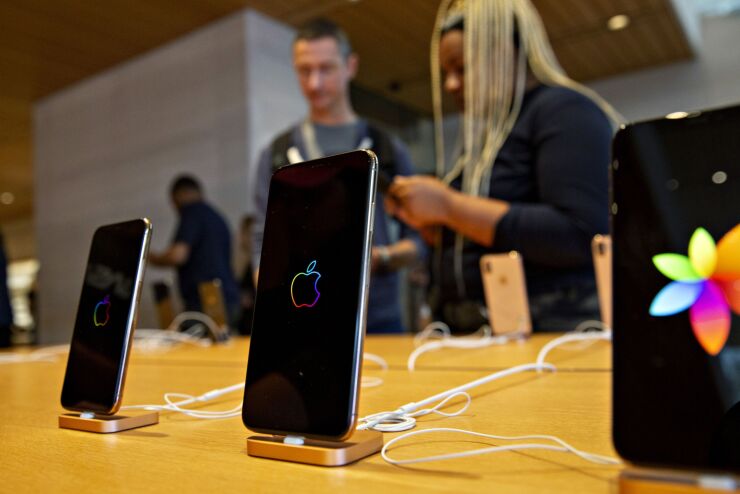Let’s face it, wealth managers missed the boat on millennials.
Advisors simply failed, for the most part, to get the 70-million strong cohort onboard as young investors. Only about four in 10 affluent millennials say they use a financial advisor, according to a
The industry has the opportunity to rectify its mistake. Gen Z is an always-connected, socially conscious generation born between roughly 1997 and 2010 and today comprises the largest demographic slice of the U.S population. Capturing the value of this financially maturing generation requires going beyond generalities and truisms, and instead drilling down to specifics.
First, however, let’s canvass what we don’t know. Gen Z is, after all, still young and therefore lacks a full array of concrete patterns of spending, saving, investing and consumption. But early data suggests that Gen Z is more inclined than Gen Y to bypass expensive university tuition to avoid financially debilitating student loans. Also, growing up in the aftermath of the global financial crisis has colored Gen Z’s financial perspective, making them tend to be more pragmatic than their Gen Y predecessors.

Marketing jargon, for example, is not the way into Gen Z’s hearts or wallets. This generation wants concise communication, clear user interfaces, personalized tools and messaging on the platforms they use daily — whether through text messages or on WhatsApp, WeChat or similar apps.
What Gen Z will ultimately look for is the convenience of a single platform that meets all its needs. Wealth management’s challenge — and it’s a big one — will be innovating and adapting to technology in a kind of permanent revolution and maintaining a state of constant digital readiness.
Integration: Gen Z clients will demand integrative experiences at one-stop shops. A digital platform that brings together a host of services to provide seamless interactions will be a cornerstone of the client experience.
Value through customization: In the push to integrate, however, careful attention will be needed when offering customization and personalized choice through the “segmentation of one” without overwhelming clients.
Personal financial management: PFM apps such as Mint or Cinch, which provide on-the-fly budgeting, advice, credit checks or automated investing tools, will continue to be important in this space. Micro-investing apps (e.g., Acorns and Robinhood) ease the investing process by bypassing standard brokerage account minimums and by opening wealth management markets to an otherwise underserved market. Social trading — individual investors connecting with each other online to share financial market knowledge, thus providing the investor with inexpensive, proficient investment guidelines — is also worth monitoring.
Impact investing: With digitally deft, low-cost platforms on the rise, impact and socially responsible investing represent an undeniable shift in the investment industry. Aspiration, Betterment, Newday and Swell are among the established robo advisors in this space.
We know that Gen Z has a hard-wired familiarity and comfort with technology, an intuitive sense of digital platforms and automation (including cryptocurrencies) and an affinity with ESG issues. To keep up, financial institutions will need to maneuver the regulatory complexities of multichannel management and electronic communication constraints while also embracing social media and actively tending to channels of communication.
Morgan Stanley’s messaging app, which is integrated into an advisor’s schedule, is among the services moving in this direction. Bank of America Merrill Lynch has also announced a new text messaging feature in its digital capabilities suite — providing 15,000 advisors with the capability.
Interactive education will also be a priority for Gen Z investors. They’ll look for webinars, dedicated social media channels and integrated television channels from Twitter and YouTube to TD Ameritrade Network (streaming on Amazon Fire TV), which provides guidance about investment decisions, financial markets and savings. Discussion forums, which facilitate conversations between novice and more experienced investors, gamification tools, like those that simulate real-life trading without real-life risk, are other important components of effective communication tools.
If the wealth management industry can rise to these challenges, it will not only meet the needs of Gen Z, but create a future-focused system that helps all generations.






